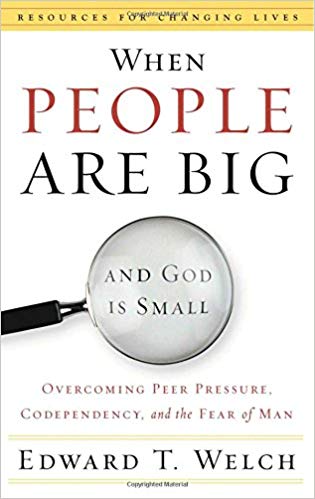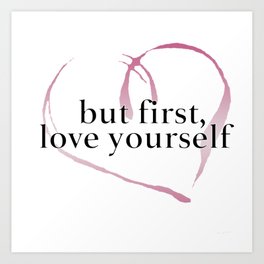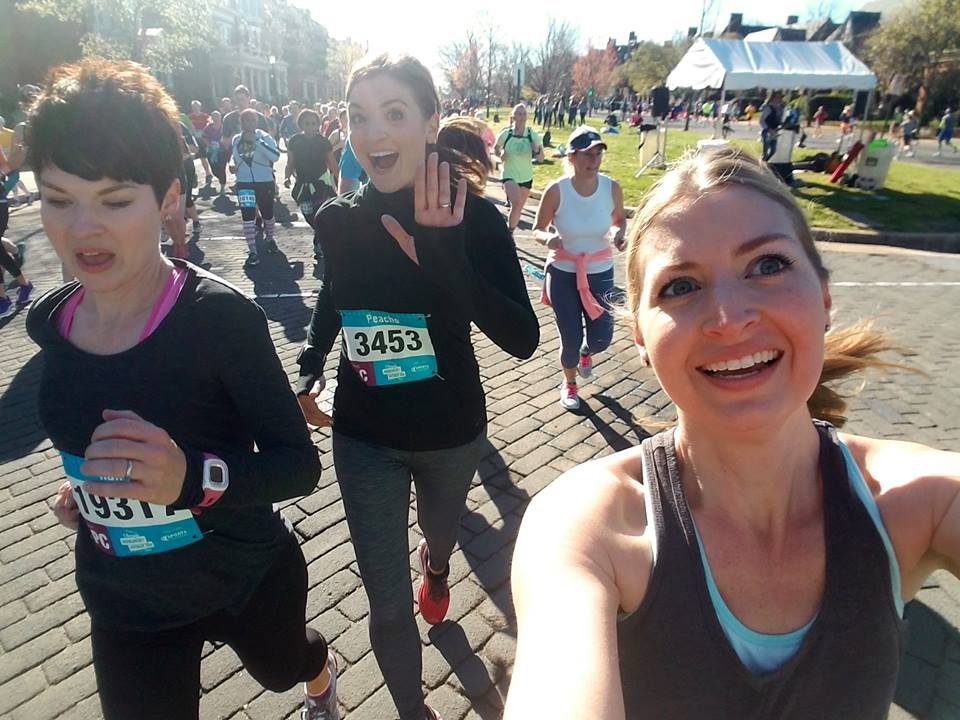Me again.
I follow the M’Cheyne Bible reading plan, but it usually takes me two years to finish. I have an app on my phone that tells me what to read. Then it gives me a progress update and tells me how I’m doing in terms of “attendance.” Because I read at about half the suggested pace, I get a little message every time I log on that says, “Your attendance is poor.” It zings me.

The M’Cheyne plan doesn’t organize the Old and New Testament readings topically. Last week, however, I detected a recurrent theme across the passages. I had read Job 33, and in that chapter, Elihu reminded me that “God does speak–now one way, now another.” God always speaks through scripture, but sometimes He orchestrates circumstances to bring a particular idea into focus. Here is what I noticed in my reading:
In Exodus 14, I read, “Do not be afraid. Stand firm and you will see the deliverance the LORD will bring to you […] The LORD will fight for you; you need only to be still.
Next, in 1 Corinthians 15, I read, “Therefore, my dear brothers and sisters, stand firm. Let nothing move you. Always give yourselves fully to the work of the Lord, because you know that your labor in the Lord is not in vain.”
Then, in 1 Corinthians 16, I read, “Be on your guard; stand firm in the faith; be courageous; be strong. Do everything in love.”
Then later in 2 Corinthians 1, I read, “Now it is God who makes both us and you stand firm in Christ. He anointed us, set his seal of ownership on us, and put his Spirit in our hearts as a deposit, guaranteeing what is to come.”
Finally, in 2 Corinthians 2, I read, “We work with you for your joy, because it is by faith you stand firm.”

Naturally, I felt exhorted to stand firm–maybe in general, or maybe in preparation for a difficult season I’m about to encounter. I don’t know. I’ve been thinking about what it means to stand firm. The contexts of these verses help round out the picture for me.
I should stand firm:
- and resist fear. He who is in me is greater than he who is in the world. I need to meditate on the implications of this power imbalance and let it chill me out.
- and anticipate the Lord’s deliverance and rescue. I need to fix my eyes on Jesus who is coming for me. I expect Him to show up, not stand me up.
- and be still. The Lord will fight for me. He and I are not a two-man team. He is not my co-pilot, as the bumper stickers claim.
- and give myself fully to the important work the Lord has put in front of me. I need to avoid distraction. I shouldn’t waste the day worrying instead of working. For me, worrying often takes the shape of compulsive researching and strategizing for solutions.
- and be on guard against temptation to wring my hands and treat people badly when I’m suffering.
- in the power of Christ who has put the Holy Spirit in my heart as a guarantee of the wholeness that is to come. I should not nurture faint-heartedness in myself, because I’m not all I’ve got to rely on. The Holy Spirit is at work in my weak flesh.
- in faith. I need to trust that God is all-knowing, good, present, and powerful in every moment and has been so throughout all of human history. I should view my circumstances through the lens of this reality.
















